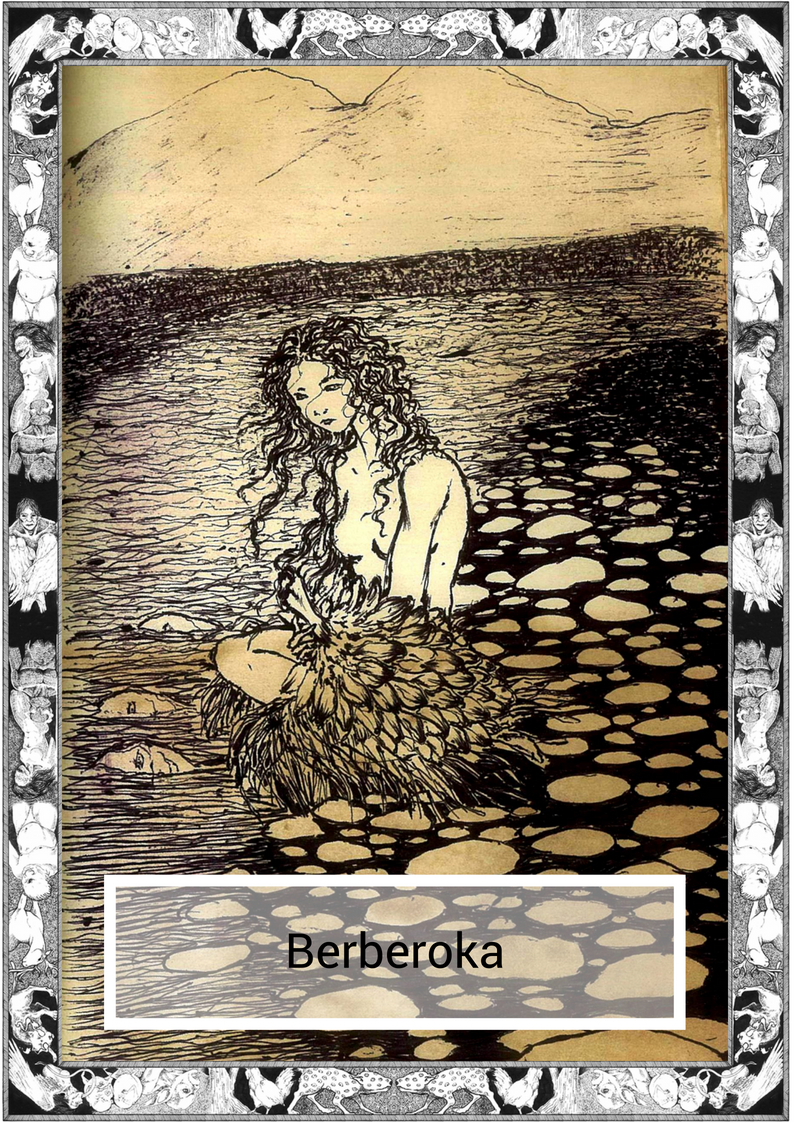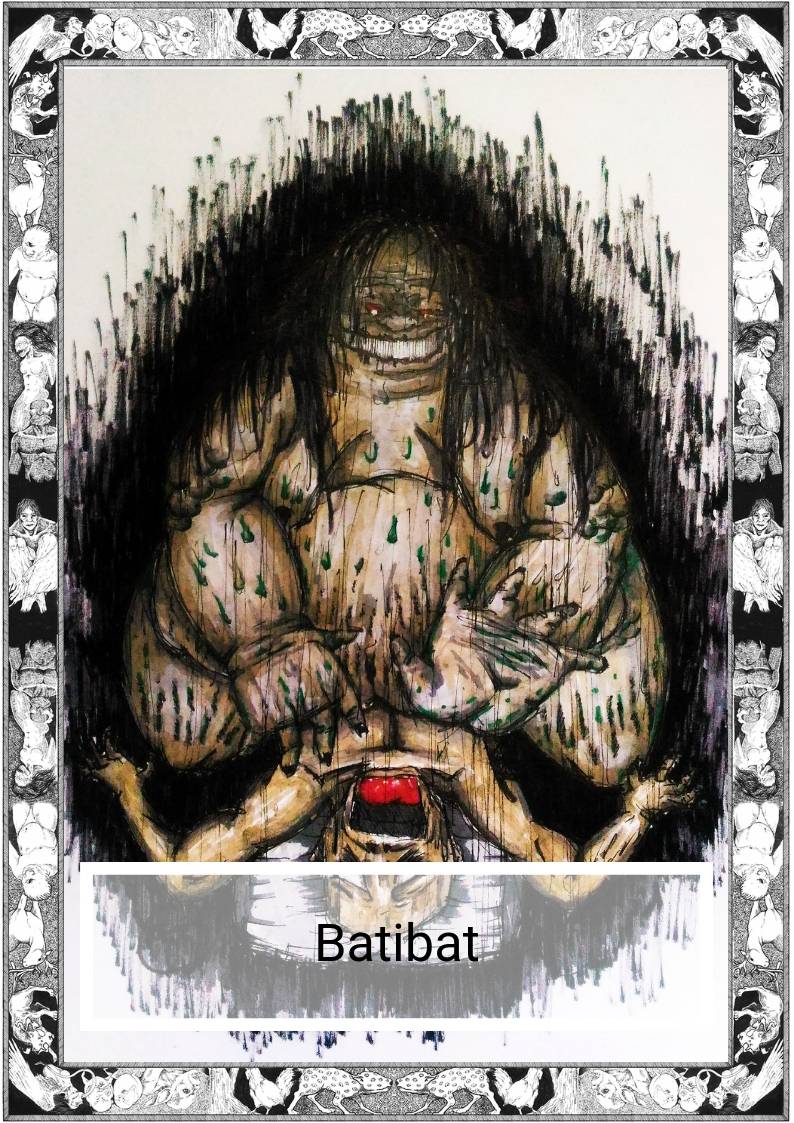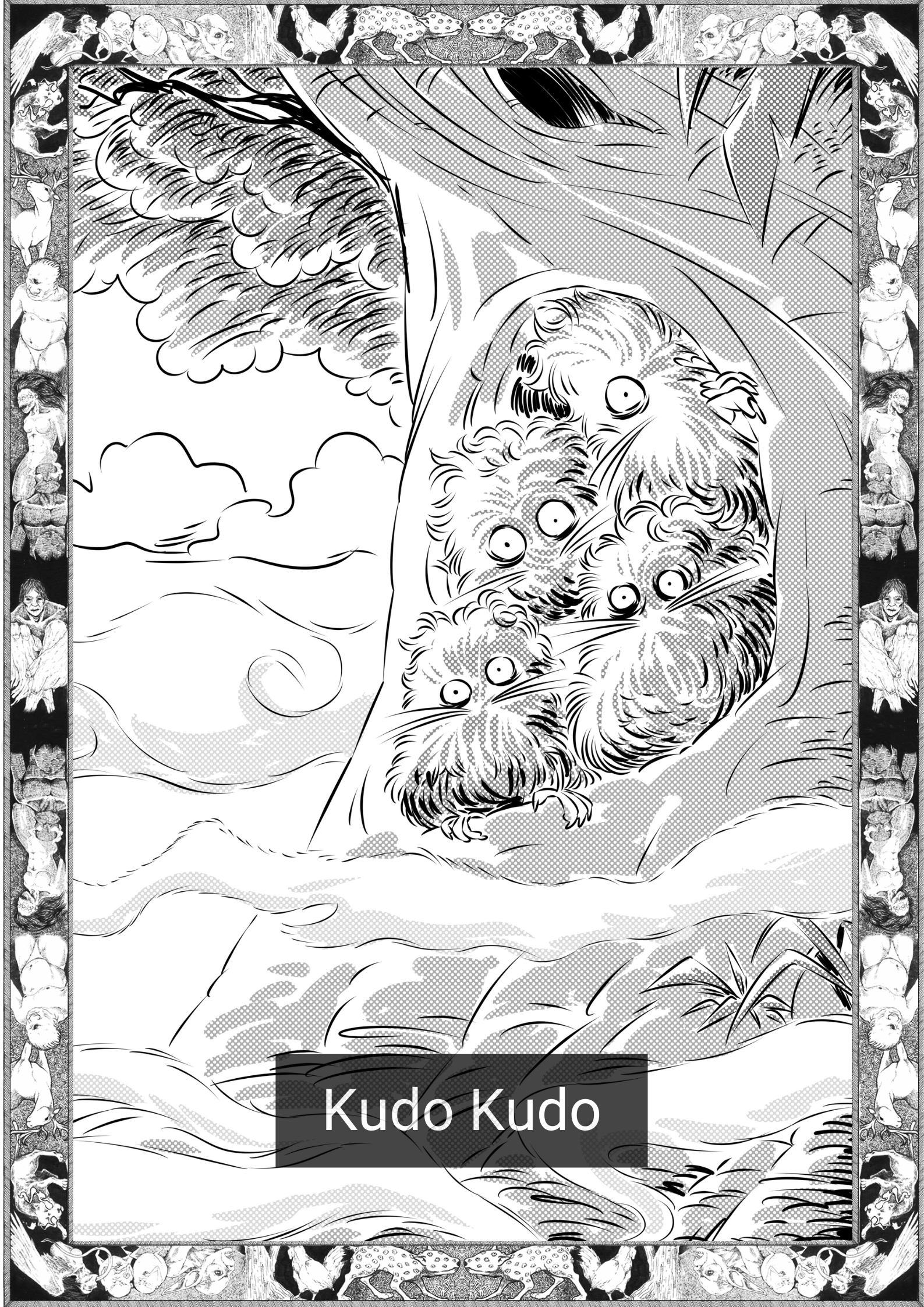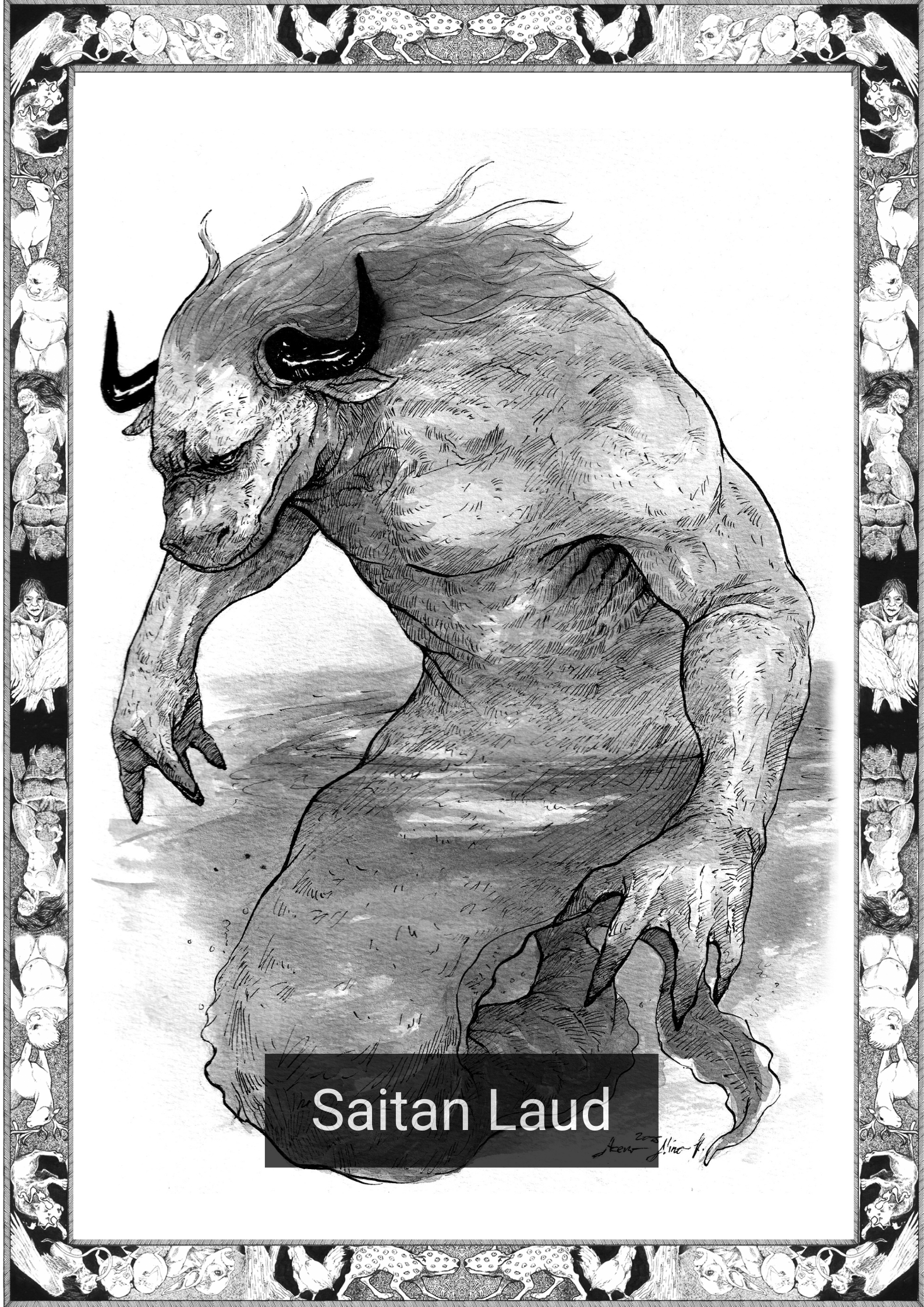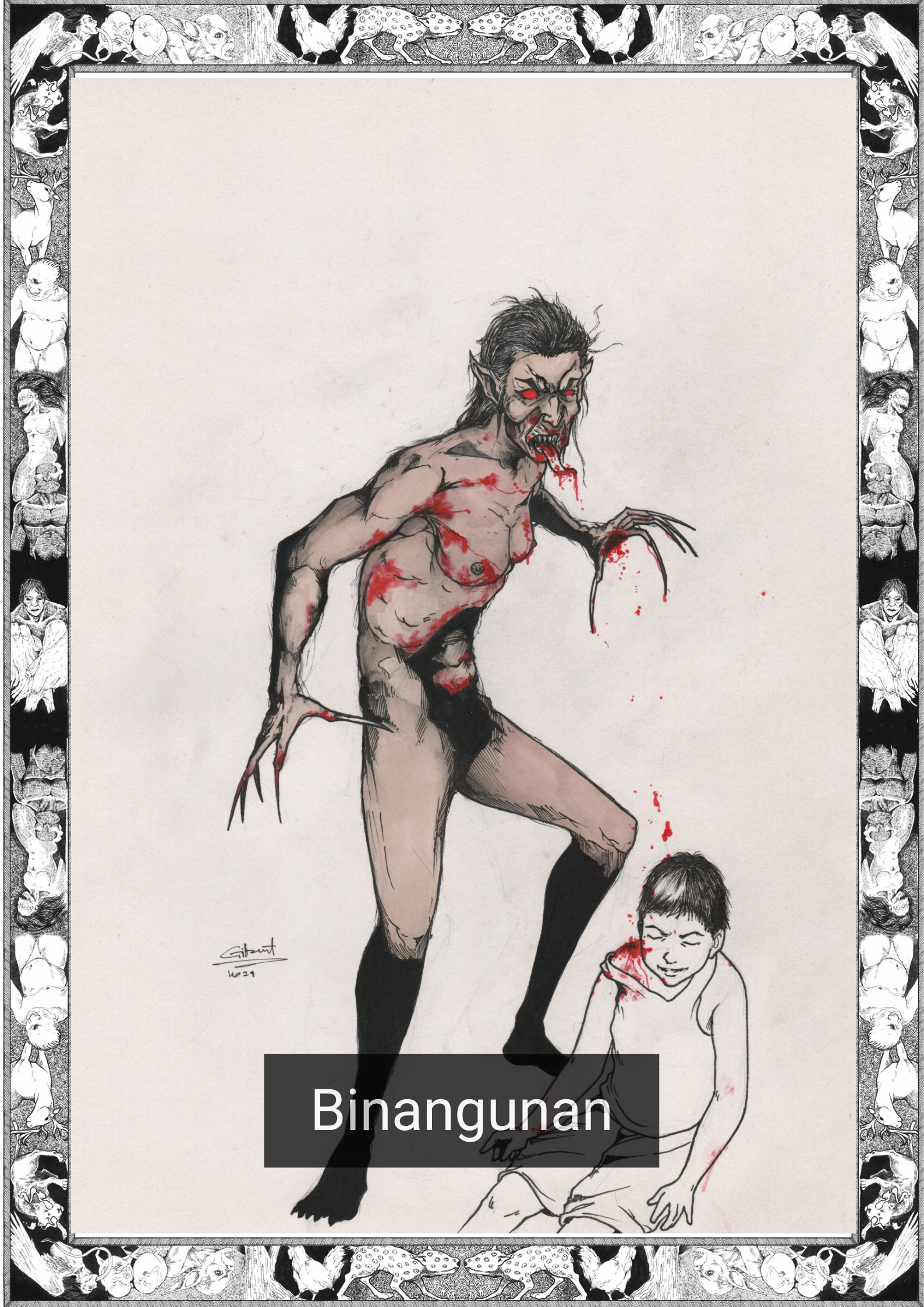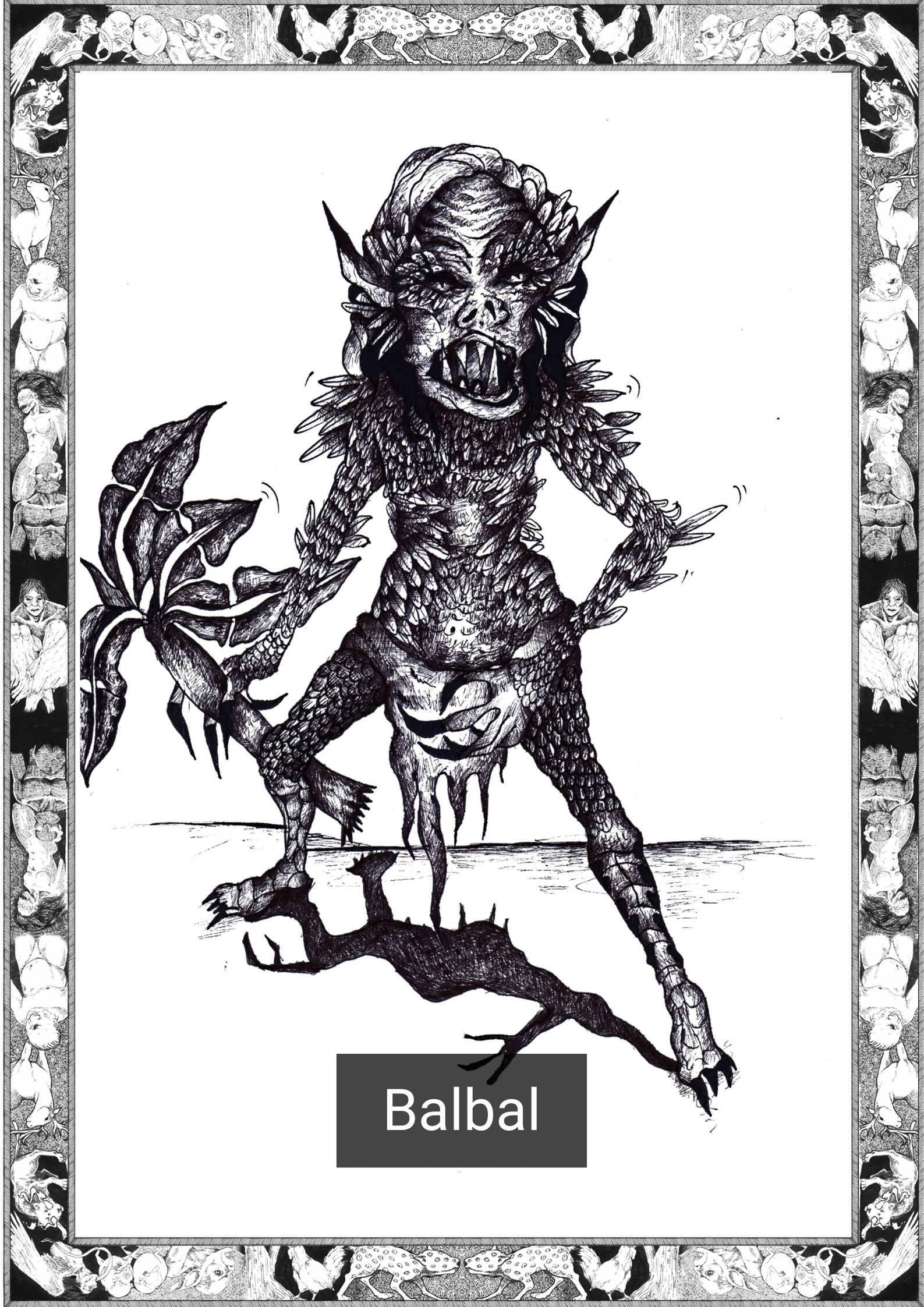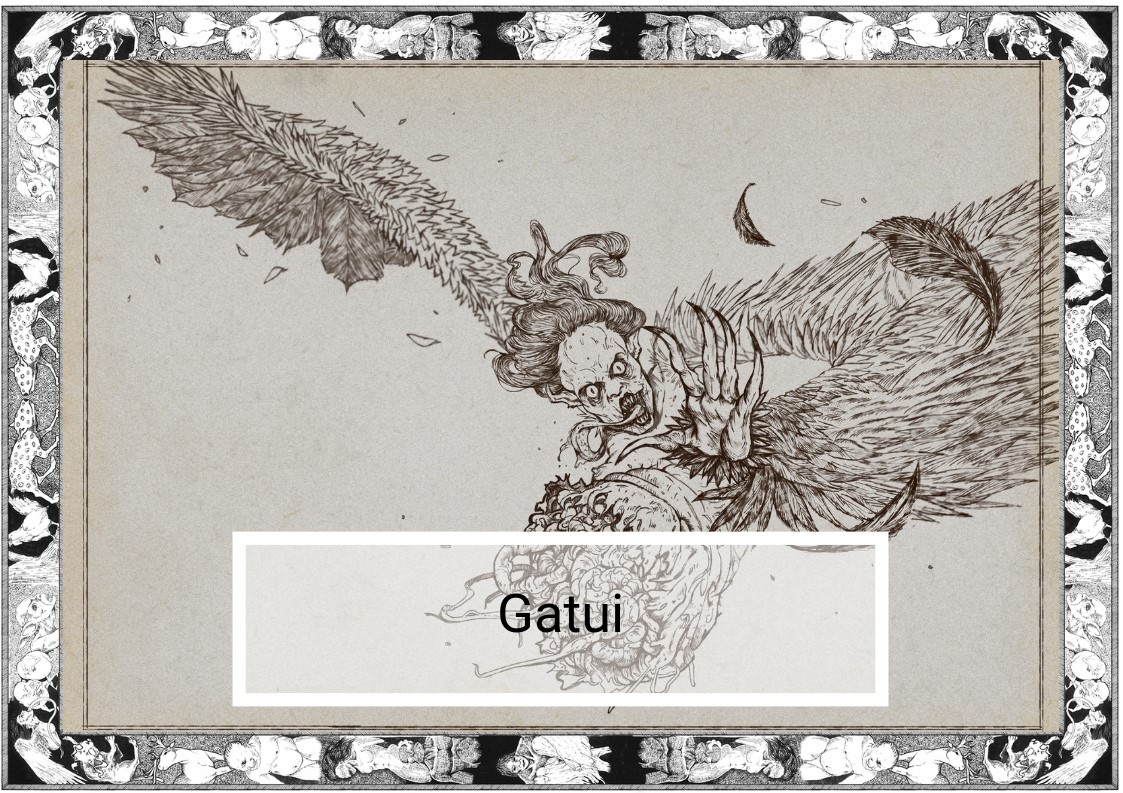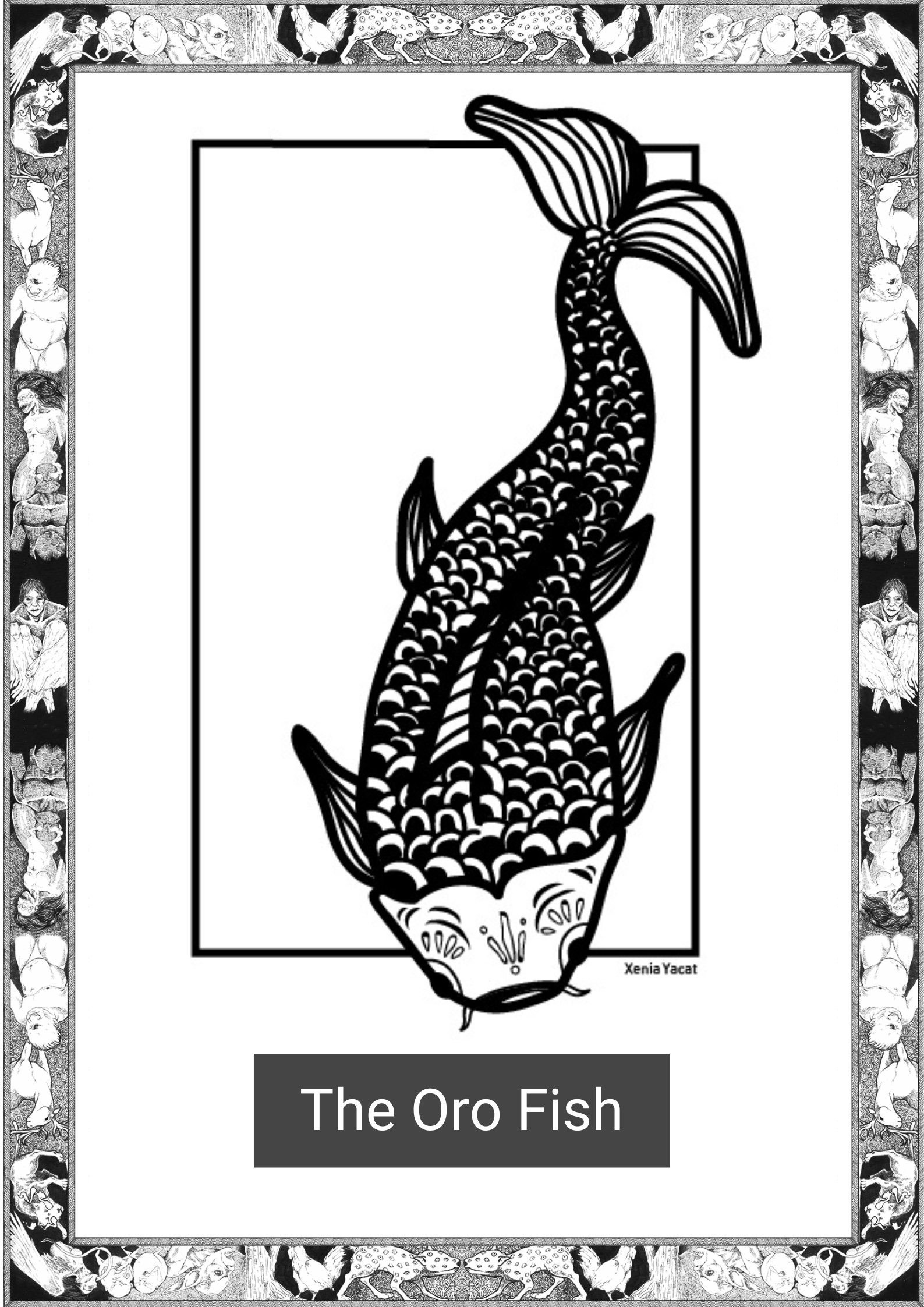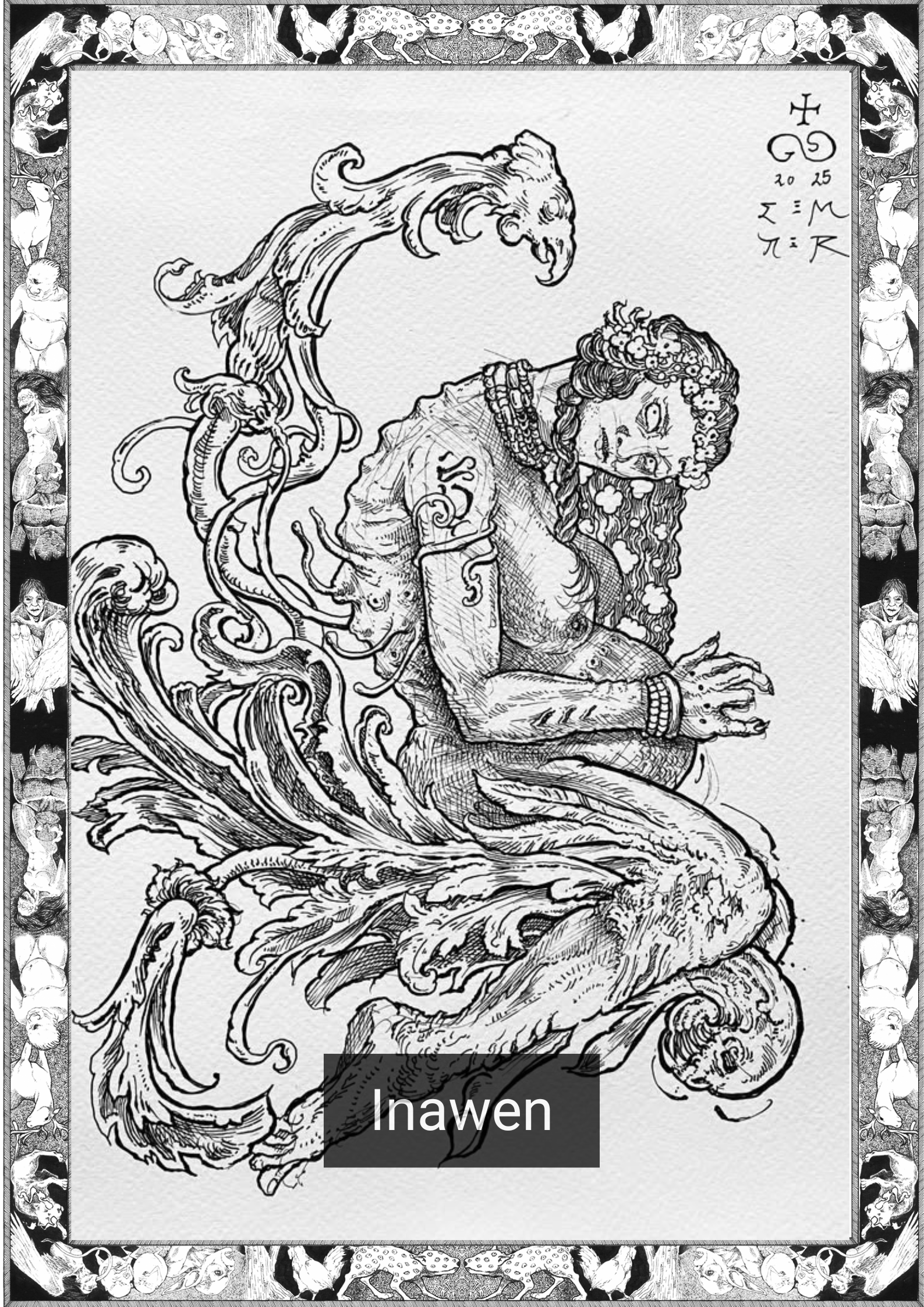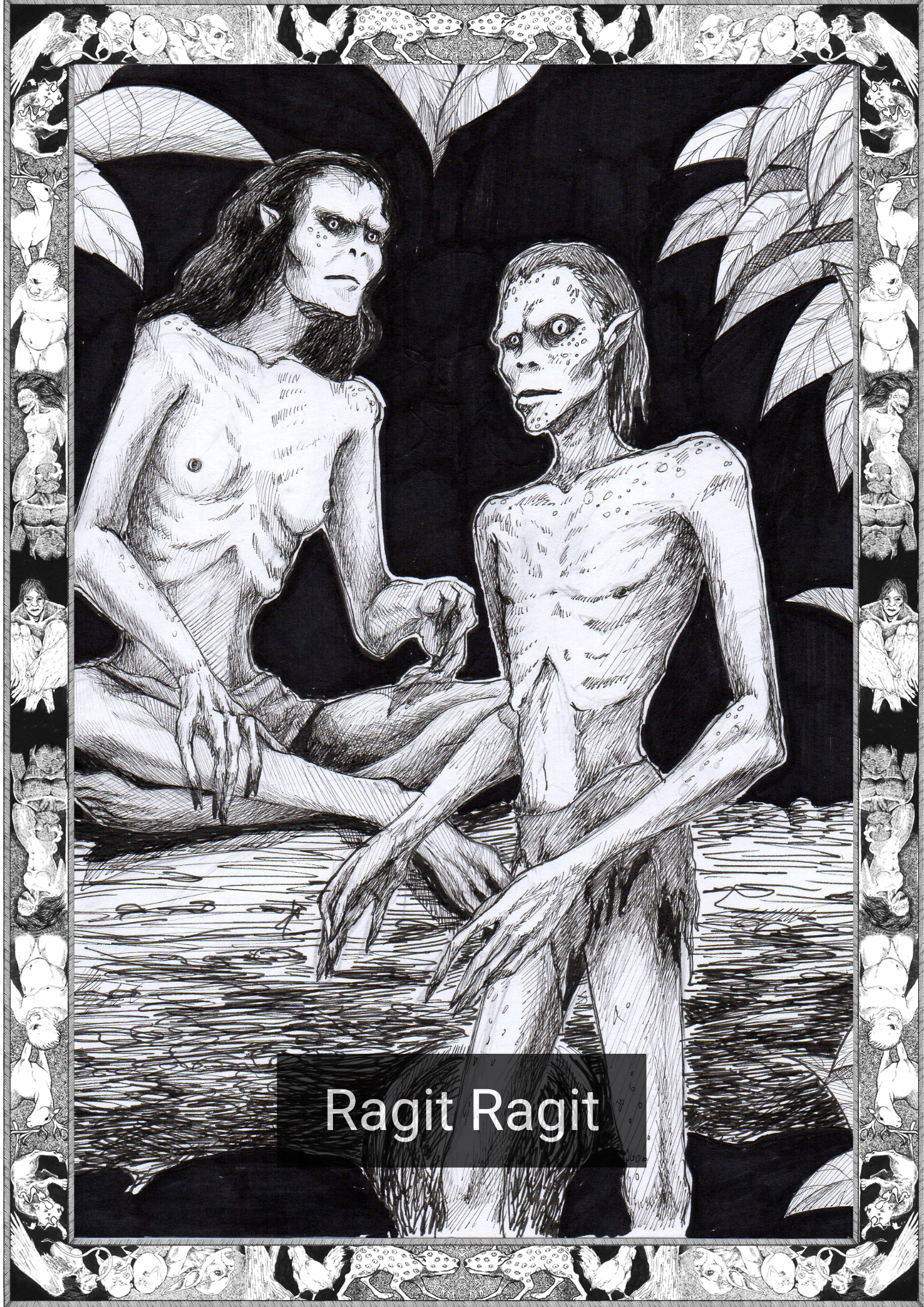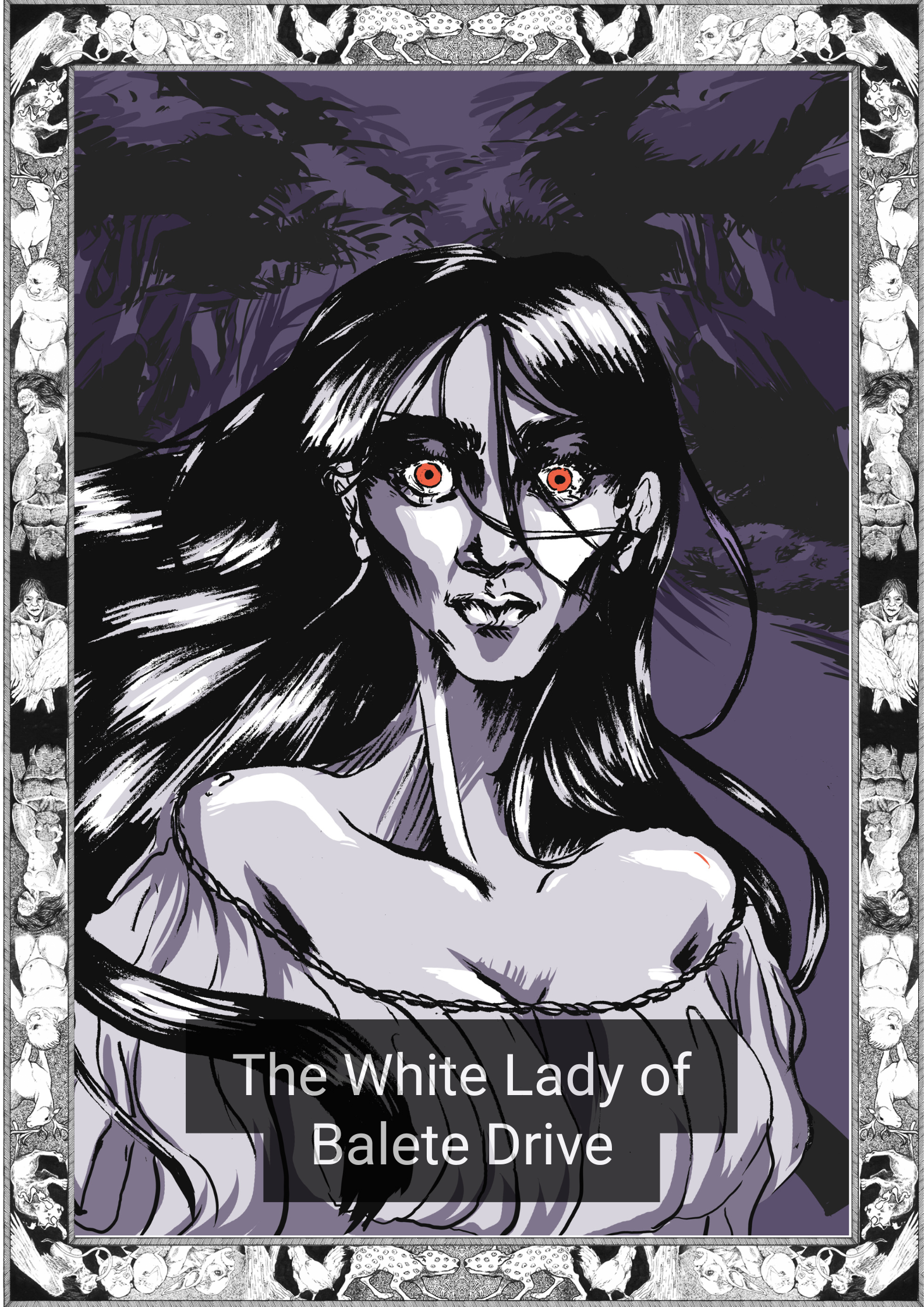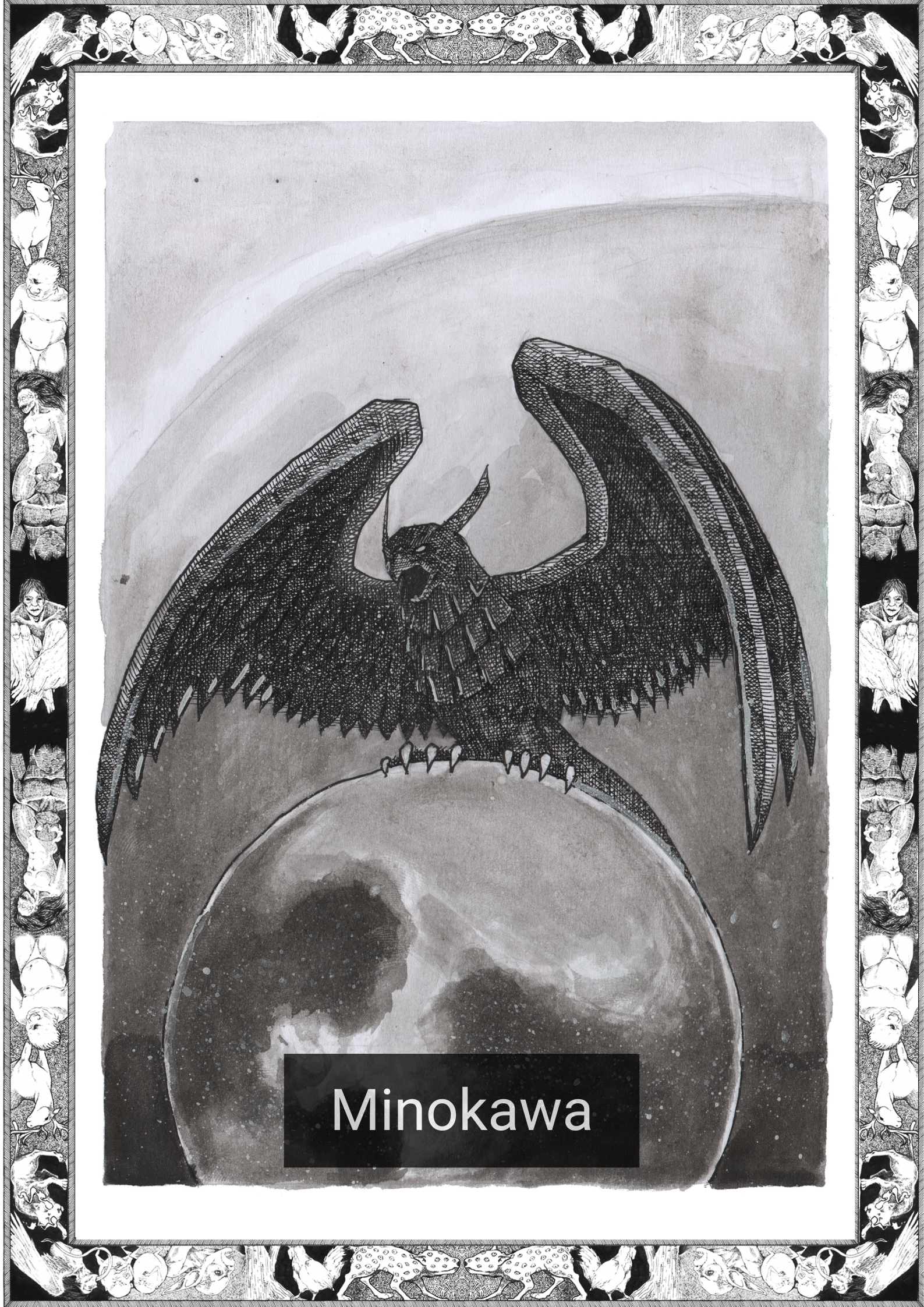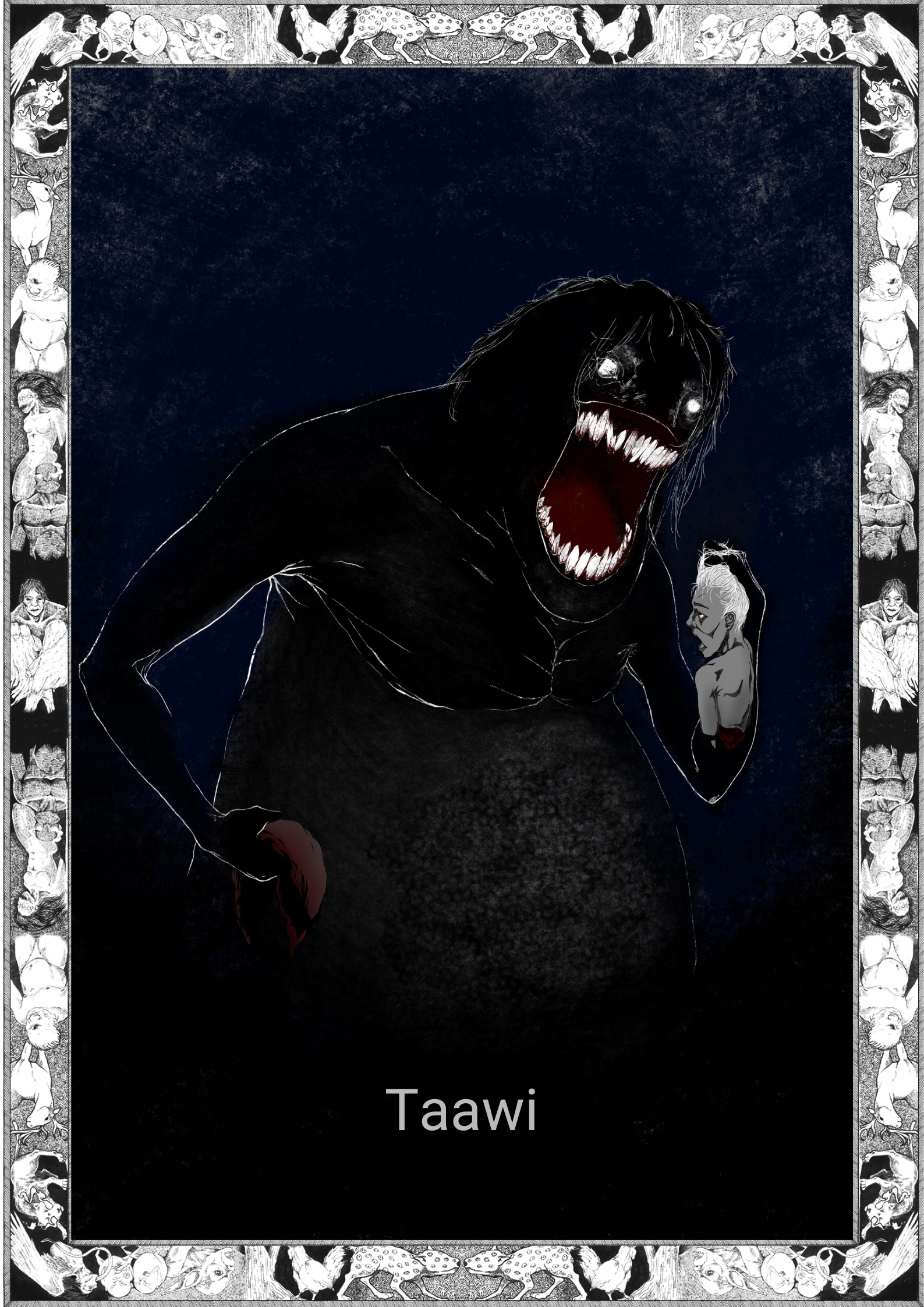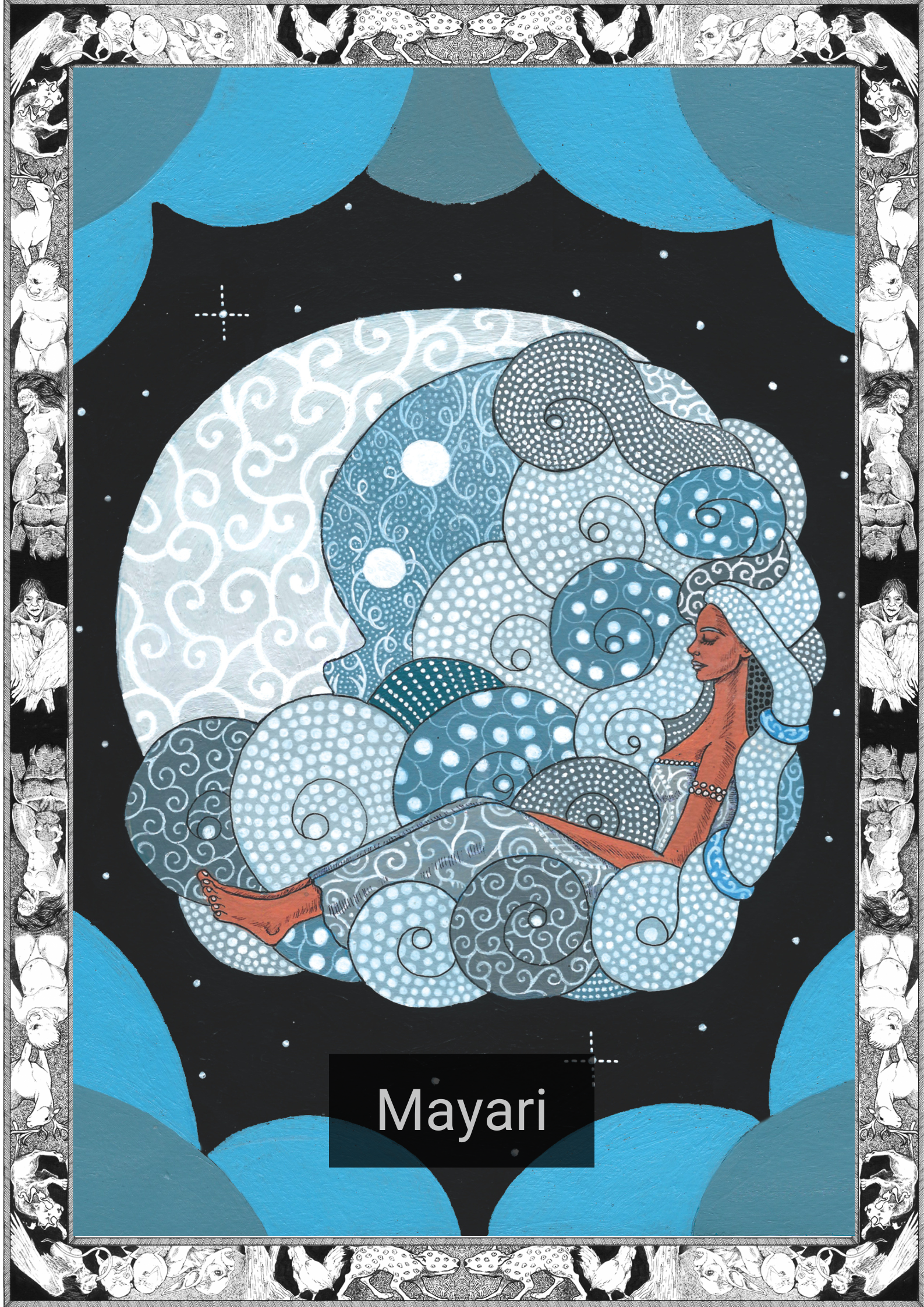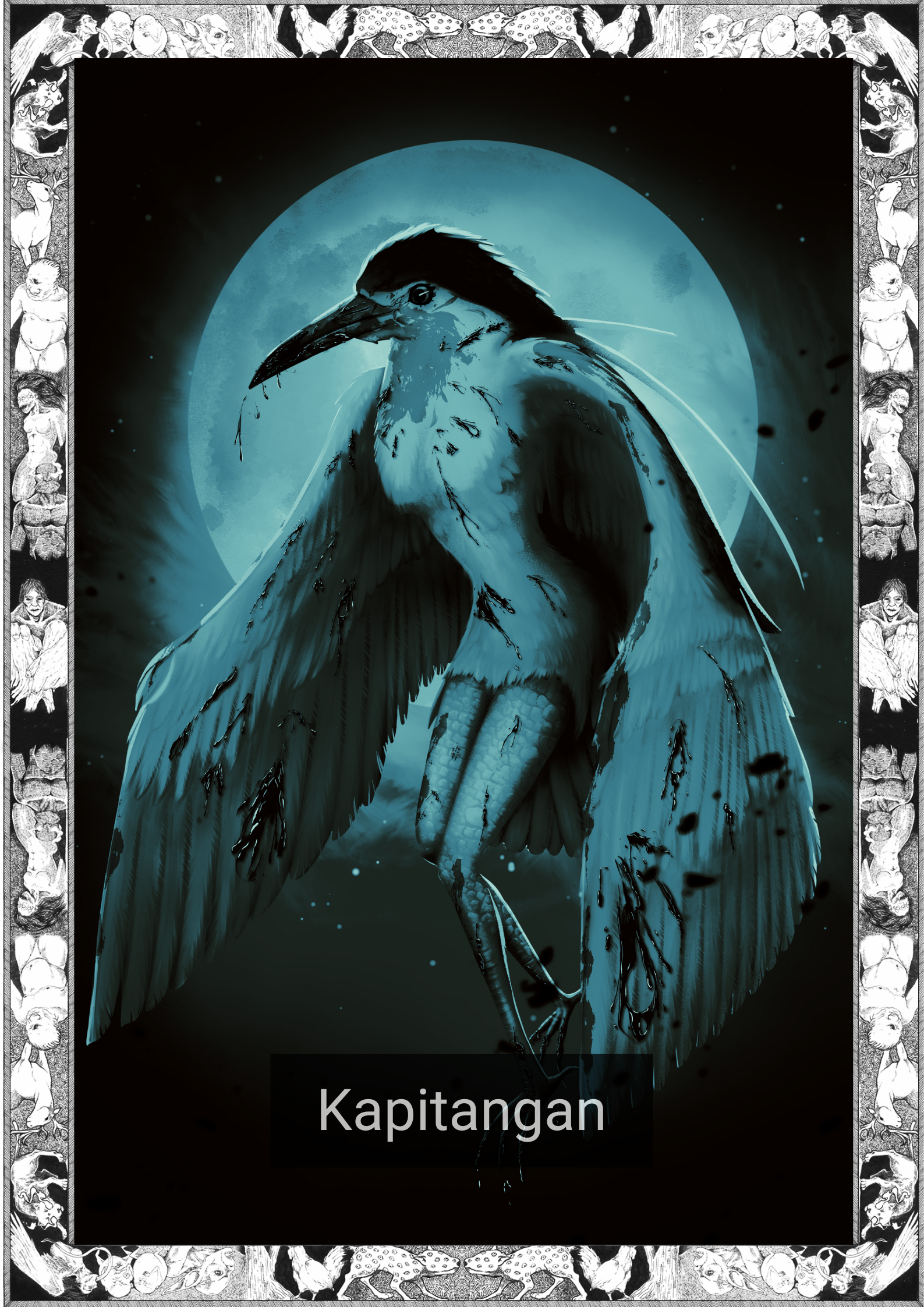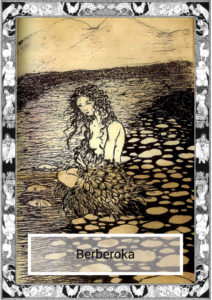
Ako lang gid ang nakakilala sa imo.
Wala ka pa nabata, kilala ta na ka. Ang imo iloy ka gwapa gid kaayo. Gatinir siya permi sa kilid suba, samtang galantaw sang gadalagan nga tubig pakadto sa panganud. Ato ako didto sang imo amay, ang ginoo, sang ginpangayo niya ang kamot niya. Ginhimu niya na sa dira nga puno.
Sang bata kapa, nanamian ka maghampang sa tubig. Siyempre, ginabantayan ka man, ang imo tagabantay nagasunod permi sa imo para mahibalu an nga maayo ka. Indi na sila magkabalaka, samtang ara ako didto wala sang malain nga matabo sa imo.
Nagdaku ka kaupod sang suba. Sang sais anyos ka kasalawayon sa imo nga bata nga laki. Ginahampanggan mo ang tigulang nga pari kag magdalagan palayo pakadto sa suba kun sa diin indi ka nila madakpan. Wala sa imu mga kahampang ang makalagas sa imu. Ginhimu mo ang akun tagipusu on malipayun kay kasagad sa imo maglangoy.
Ara ako didto sa una mo nga pagkabigo. Masyado ka kamaayo para sa babayi nga ato. Nadumduman ko sang nangita ka sang rason sang natabo. Tunga-tunga na sang kagab-ihon kag ang bilog nga bulan sa kalangitan sang ginapangita ka na sang mga tagabantay mo. Grabe ang pagpangita nila sa imo pero indi ka nila makita, syempre, ara ako didto para mahatagan ka sang pribado mo nga oras. Pagkabugtaw mo sa dason nga adlaw, wala gid pilas sa lawas mo, kag nagpuli ka sa imo ginikanan.
Nagdaku ka nga maayo nga batan-on nga lalaki, nami panglawason kag gwapo. Nagatinir ka sa kilid suba kag nagasulat sang mga pamalaybay, kis a gina hambal mo pa na. Ang imo tingog makapahupay kag makapakalma. Amo ina ang akon ili-ili kada gab-e.
Sang nagligad nga duwa ka bulan, gin hambal mo sang matunog ang isa mo ka pamalaybay. Daw buhi ini, kag kun paano ini naga-utod sang madalom sa kalag sang kada tawo. “Kapareho sang sundang nga gaa gi sa kalag”, isa ina ka linya sang imo pamalaybay. Ang suba nagaliko kag gailig kasabay sa imu paghambal. Sa amo ina nga ti-on nakahibalo ako kun ano ang himu-on ko.
Sang nagsanto ang aton mga mata nabatyagan mo man ini, indi bala? Kun paano kita dapat nga duha para sa isa kag isa. Nagatindog kalang dira, sa duta samtang gatulu kay ta kag gakanta ang suba. Nagapadayun ini sa pagsaka asta naglab-ot sa imo mga mata kag nakita mo ako kun ano gid ko.
Natingala ka, syempre. Halos tanan nga mga tawo amu na kun makita nila ang matuod ko nga anyo. Wala mo na realisar nga nagasul-ob lang ko sang gapungpong nga dagami kag kumpol nga saging para matabunan ang ubos nga katunga sang akon lawas. Napukaw ka sang akon katahum kag ako, sa imo. Makita ko ang paghandum sa imo kalag. Wala kaso sa imo kun ang panit ko itom kag abuhon ukon puno sini sang tunok, ginakinahanglan mo ko kag amu na ang importante.
Asta subong ginasumpa ko ang imo tagabantay. Paano kabalo ang isa ka tawo nga magkuha sang bolo kag ginlabo ang tubig nga pa krus? Dapat nakatago ina nga kahibalo sa mga tawo.
Ah. Pero indi ko dapat magpakita sang kahinaan sa atubang mo, akun pinalangga.
Maga-upod man gid kita nga duwa sa intyakto nga tiempo. Asta naga ilig ang malapad nga suba, para sa imo ang akon kasing-kasing.
Permi kag tubtub san-o.
English Version
Nobody knows you like I do.
I’ve known you since before you were born. Your mother was such a beautiful woman. She would spend time by the river, watching it run into the horizon. I was there when your father, the gentleman, proposed. He did it right by that tree.
When you were a little baby you loved to play by the water. You’d always be watched of course, your guardians would hover around you to make sure you were alright. They didn’t need to worry, as long as I was there nothing would be able to harm you.
You grew up with the river by your side. At six years old you were a mischievous little boy. You would play tricks on the old priests and run away to the river where they couldn’t catch you. You were a great swimmer. None of your playmates could match your speed. It made my heart swell with pride knowing that you took to the water so well.
I was there during your first heartbreak. You were too good for that girl anyway. I remember you trying to find sense in what had happened. It was midnight and the moon full in the sky when your guardians came to look for you. Try as they might they couldn’t find you, of course, I was there to make sure you had your privacy. You woke up the next day, not a scratch on you, and went back home to your parents.
You grew into a fine young man, so dashing and handsome. You would stay by the riverside and write your poems, even orating them on some occasions. Your voice was so soothing and calm. It was my lullaby every night.
Two moons ago you spoke one of your poems out loud. It was about live, how it cuts deep into the soul of every person. “Like a knife through the soul”, that was one of the lines from your poem. The river bent and flowed to match your oration. It was then I knew what I had to do.
When our eyes met you could feel it couldn’t you? How we were meant to be together. You stood there, solid on the ground as we locked our gaze and the river sang. It rose higher until it reached your eyes and you saw me for what I was.
You were surprised, of course. Most humans are when they see my true form. You didn’t realize that I wore the bundle of rice straws and cluster of bananas to hide my lower half. You were enthralled by my beauty and I, by you. I could see the longing in your soul. It didn’t matter that my skin was black and grey or that it was covered with spines, you wanted me and that was all that mattered.
To this day I still curse your guardian. How did a human know to get a bolo and slash at the water with a cross? That knowledge should have been hidden from humans.
Ah but I should not show weakness in front of you, my love.
We will be together soon enough. As long as the river flows, my heart will belong to you.
Always and forever.
